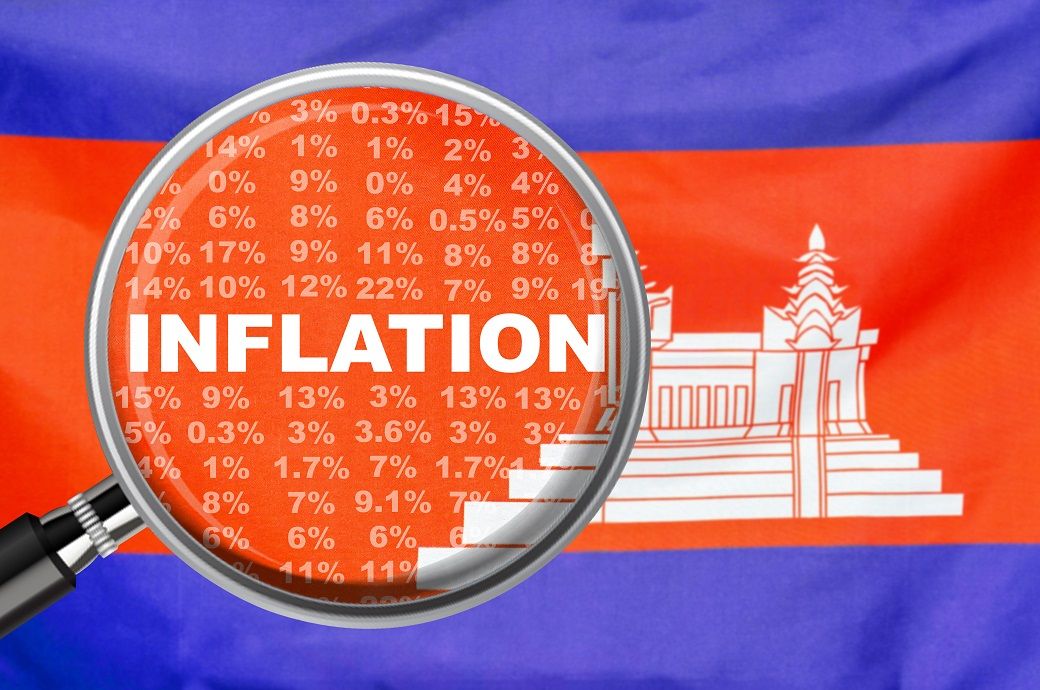
Consumer prices rose sharply as the year began, peaking at 6 per cent in January on the back of a low base from 2024 and higher food prices. By June, inflation had eased to 1.6 per cent, reflecting lower fuel prices and a slowdown in food price increases.
Core inflation, which excludes volatile food and energy prices, increased to 2.9 per cent in H1 2025 from 0.4 per cent in H1 2024. The rise was partly driven by higher costs for clothing (7.1 per cent), according to domestic media reports.
NBC has formed a technical working group to monitor key price indicators to boost inflation tracking and policy response.
It has also partnered with the National Institute of Statistics of the Ministry of Planning and the Ministry of Economy and Finance to revise the consumer basket using 2019 as the new base year, replacing the October-December 2006 reference period.
The central bank’s outlook for the second half is based on assumptions of steady domestic supply, weak domestic demand, continued global oil price declines and the absence of major geopolitical or economic shocks. For 2025 as a whole, inflation is projected to average 2.4 per cent.
Maintaining exchange rate stability and low inflation has played a key role in protecting the purchasing power of citizens’ incomes, strengthening investor confidence and supporting the country’s macroeconomic stability, NBC governor Chea Serey said in the report.
ALCHEMPro News Desk (DS)
Receive daily prices and market insights straight to your inbox. Subscribe to AlchemPro Weekly!